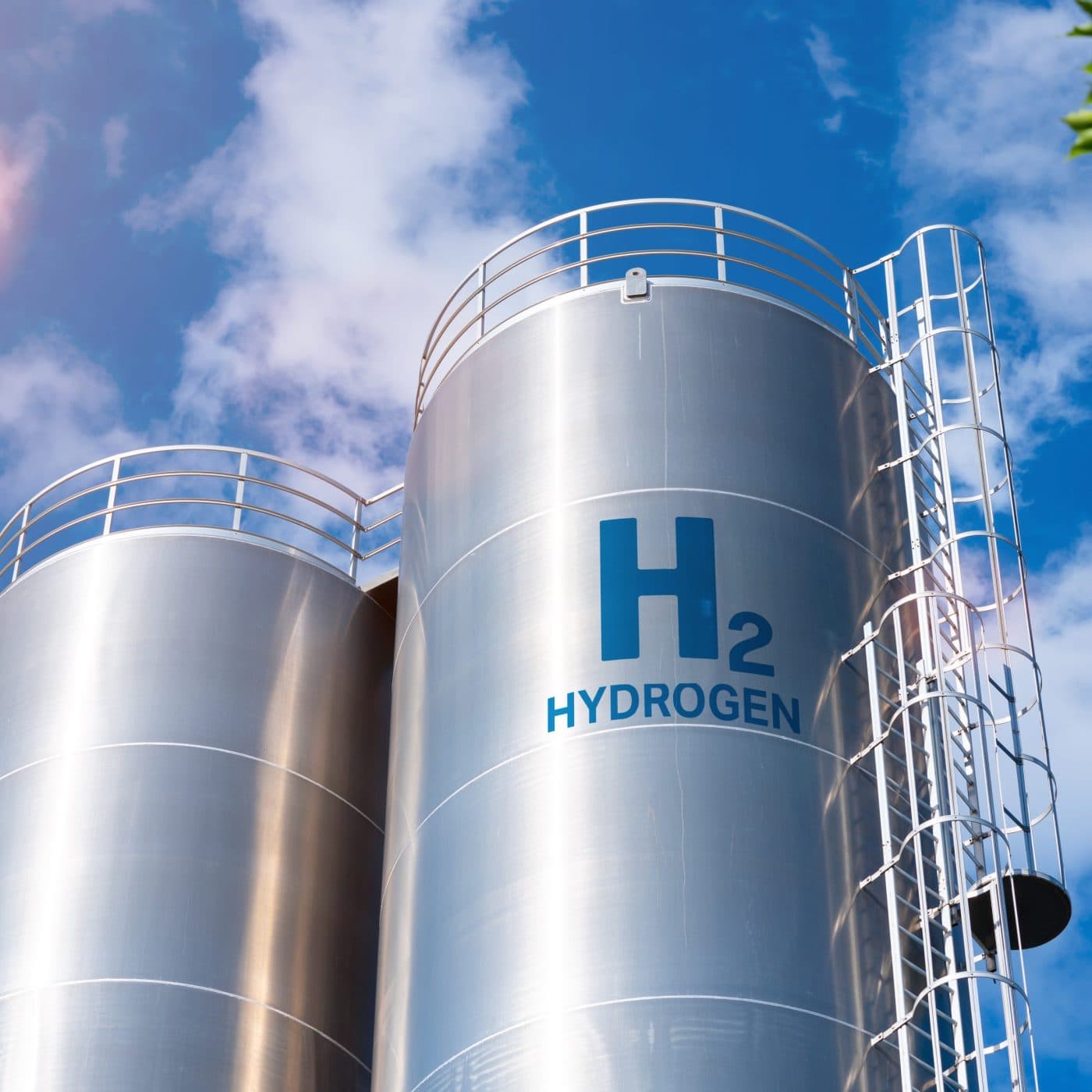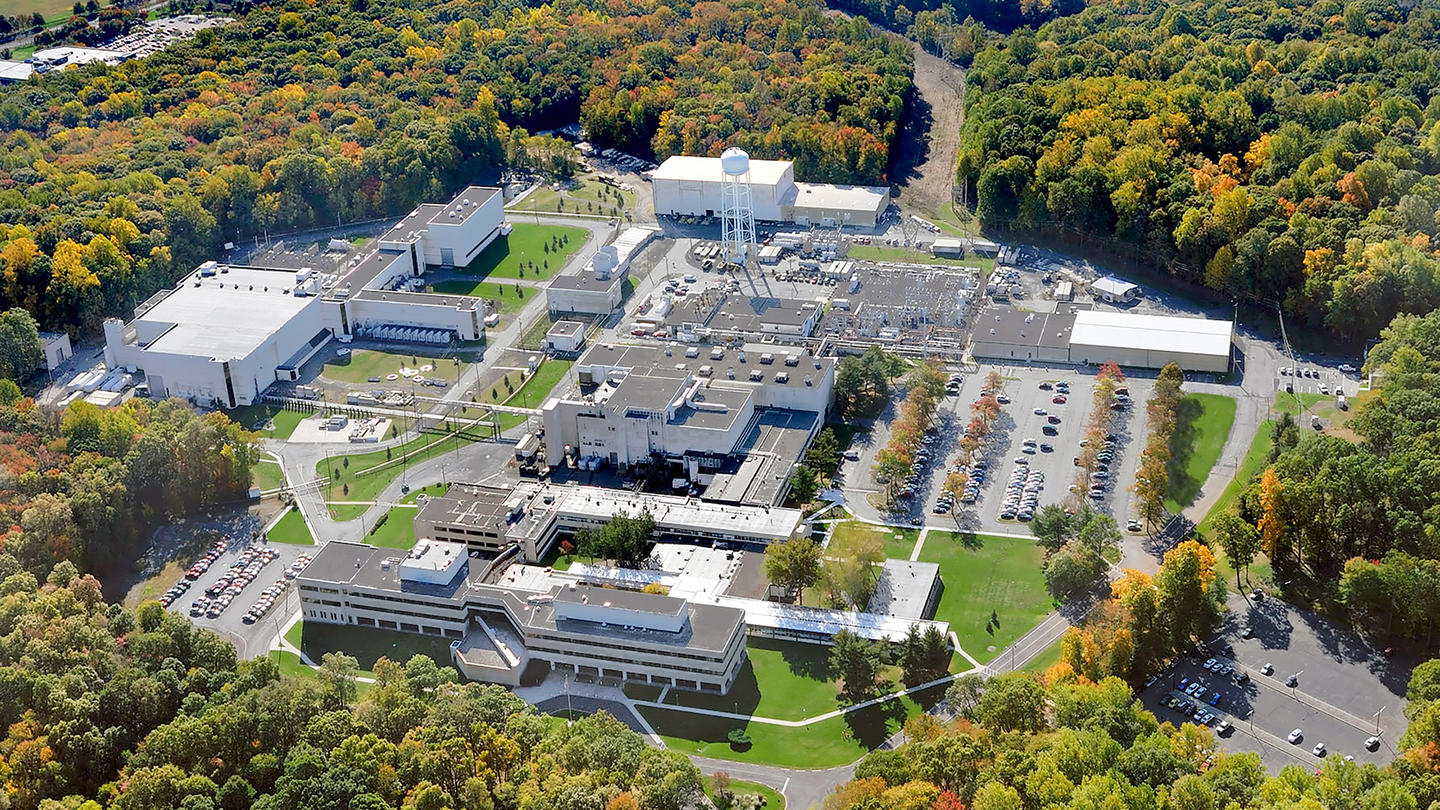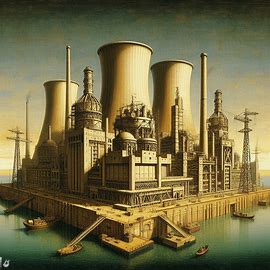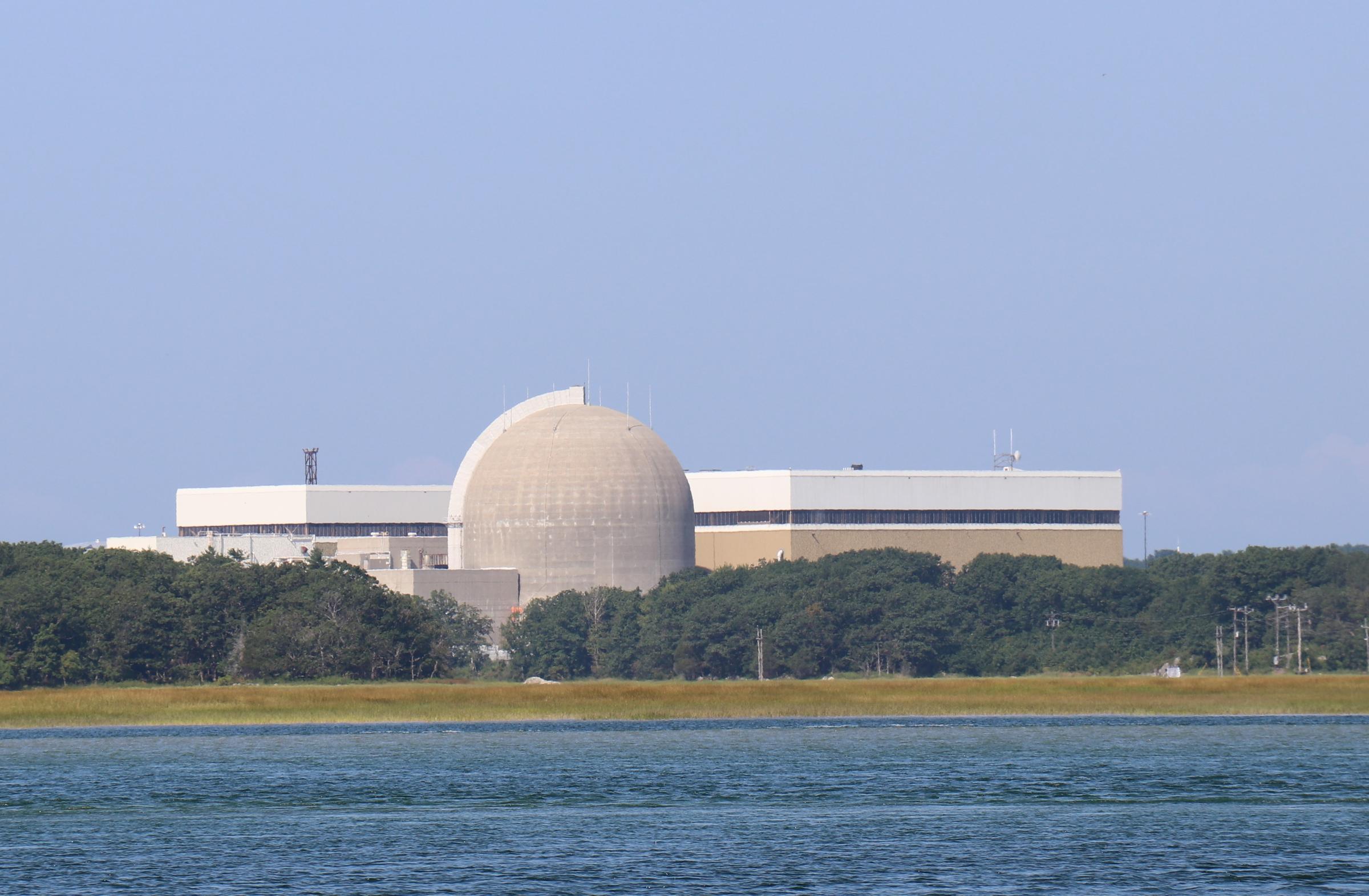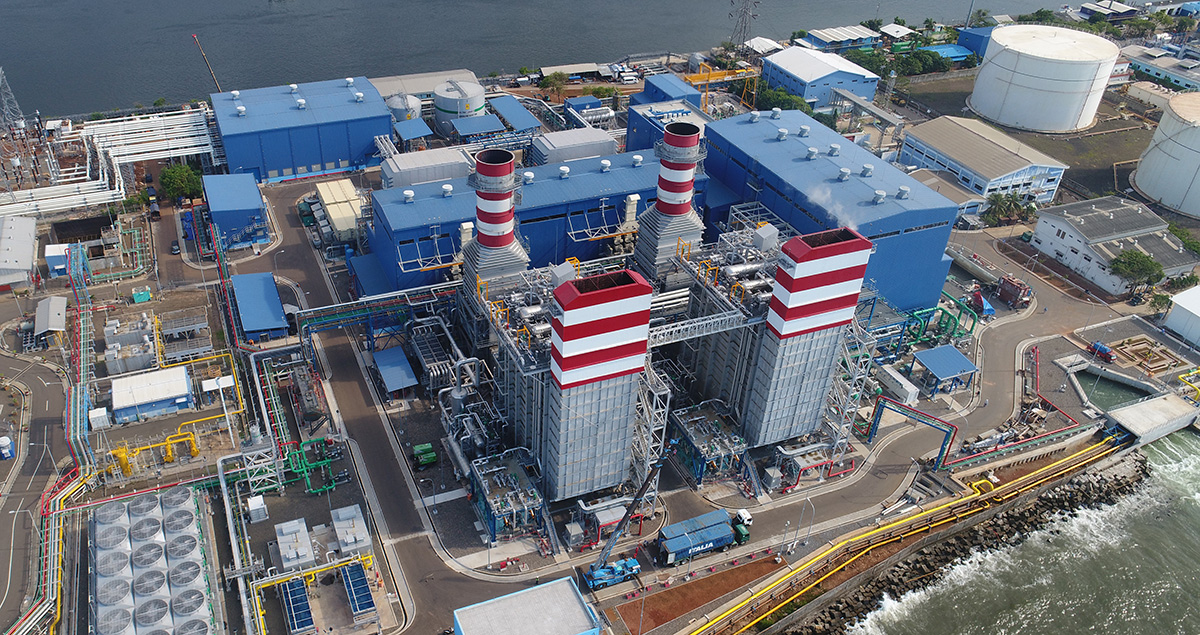
In a strategic move towards diversifying its energy portfolio, Indonesia has set its sights on accelerating the development of nuclear power plants, marking a significant shift in its energy transition agenda. The National Energy Council (DEN) of Indonesia recently appointed Luhut Binsar Pandjaitan, the Coordinating Minister for Maritime Affairs and Investment, to spearhead the Nuclear Energy Program Implementation Organization (NEPIO), signaling a decisive step towards nuclear energy integration.
The Impetus for Nuclear Energy Development
Indonesia’s decision to expedite the development of nuclear power plants is grounded in the pursuit of a comprehensive energy transition. As the nation grapples with the challenges of meeting growing energy demands, reducing reliance on traditional fossil fuels, and addressing environmental concerns, nuclear energy emerges as a promising alternative. The move aligns with global efforts to embrace cleaner and more sustainable sources of power.
Leadership and Regulatory Framework
With the appointment of Luhut Binsar Pandjaitan to lead NEPIO, Indonesia aims to streamline the development plans for nuclear power plants and establish a robust regulatory framework. The role extends beyond mere acceleration, encompassing the regulation of the commercial processes associated with nuclear power plants. However, the execution of these ambitious plans awaits further directives from President Joko Widodo, underlining the importance of high-level leadership in steering the country’s nuclear energy agenda.
NEPIO’s Mandate and Objectives
The Nuclear Energy Program Implementation Organization (NEPIO) carries a multifaceted mandate. Beyond expediting development plans, it shoulders the responsibility of shaping the regulatory landscape for the commercialization of nuclear power plants. The organization is poised to play a pivotal role in coordinating various stakeholders, ensuring adherence to safety standards, and navigating the intricate facets of nuclear energy implementation. NEPIO’s actions will significantly influence the trajectory of Indonesia’s nuclear energy journey.
Presidential Directives and National Consensus
While the DEN and NEPIO are gearing up for accelerated development, the realization of Indonesia’s nuclear energy aspirations hinges on directives from President Joko Widodo. Presidential guidance becomes instrumental in providing a clear roadmap, addressing potential challenges, and garnering national consensus on the role of nuclear energy in Indonesia’s energy mix. The alignment of governmental vision with public sentiment will be pivotal in fostering a conducive environment for nuclear energy development.
Small-Scale Nuclear Power Plants and the Energy Transition Roadmap
Indonesia’s Ministry of Energy and Mineral Resources (ESDM) has articulated its commitment to expediting the commercial operation of small-scale nuclear power plants. This strategic move is integral to the broader energy transition roadmap envisioned by the country. Small-scale nuclear power plants offer agility, scalability, and the potential to cater to specific energy needs, aligning with Indonesia’s vision for a diversified and resilient energy landscape.
Addressing Concerns and Building Public Confidence
The development of nuclear power plants inevitably raises concerns related to safety, environmental impact, and public acceptance. NEPIO, under the leadership of Minister Luhut Binsar Pandjaitan, faces the challenge of addressing these concerns transparently. Building public confidence through robust safety measures, community engagement, and effective communication will be pivotal in garnering support for Indonesia’s nuclear energy endeavors.
Collaborative International Efforts and Knowledge Exchange
Indonesia’s foray into nuclear energy development is not undertaken in isolation. The nation actively engages in collaborative efforts with international counterparts, leveraging knowledge exchange, best practices, and technological expertise. Initiatives such as the International Atomic Energy Agency (IAEA) collaboration and participation in global forums contribute to Indonesia’s informed and collaborative approach to nuclear energy.
Economic and Environmental Implications
The acceleration of nuclear energy development in Indonesia carries significant economic and environmental implications. While nuclear power presents a low-carbon alternative, the upfront costs, technological investments, and long-term considerations necessitate a comprehensive evaluation. Balancing economic viability with environmental stewardship becomes a critical aspect of Indonesia’s nuclear energy strategy.
Future Trajectory and Global Energy Landscape
Indonesia’s push towards nuclear energy development unfolds against the backdrop of a dynamic global energy landscape. The trajectory it charts will not only shape its energy future but also contribute to the broader discourse on the role of nuclear power in achieving sustainable and resilient energy systems. As Indonesia navigates this transformative journey, the world watches with keen interest, recognizing the potential impact on regional and global energy dynamics.
Indonesia’s decision to expedite nuclear energy development marks a significant milestone in its pursuit of a diverse and sustainable energy portfolio. The leadership of Luhut Binsar Pandjaitan, the establishment of NEPIO, and the alignment with the energy transition roadmap underscore a strategic and deliberate approach. As the nation addresses challenges, engages with stakeholders, and navigates the complexities of nuclear energy implementation, the outcomes will reverberate beyond national borders, contributing to the evolving narrative of nuclear power in the 21st century.
